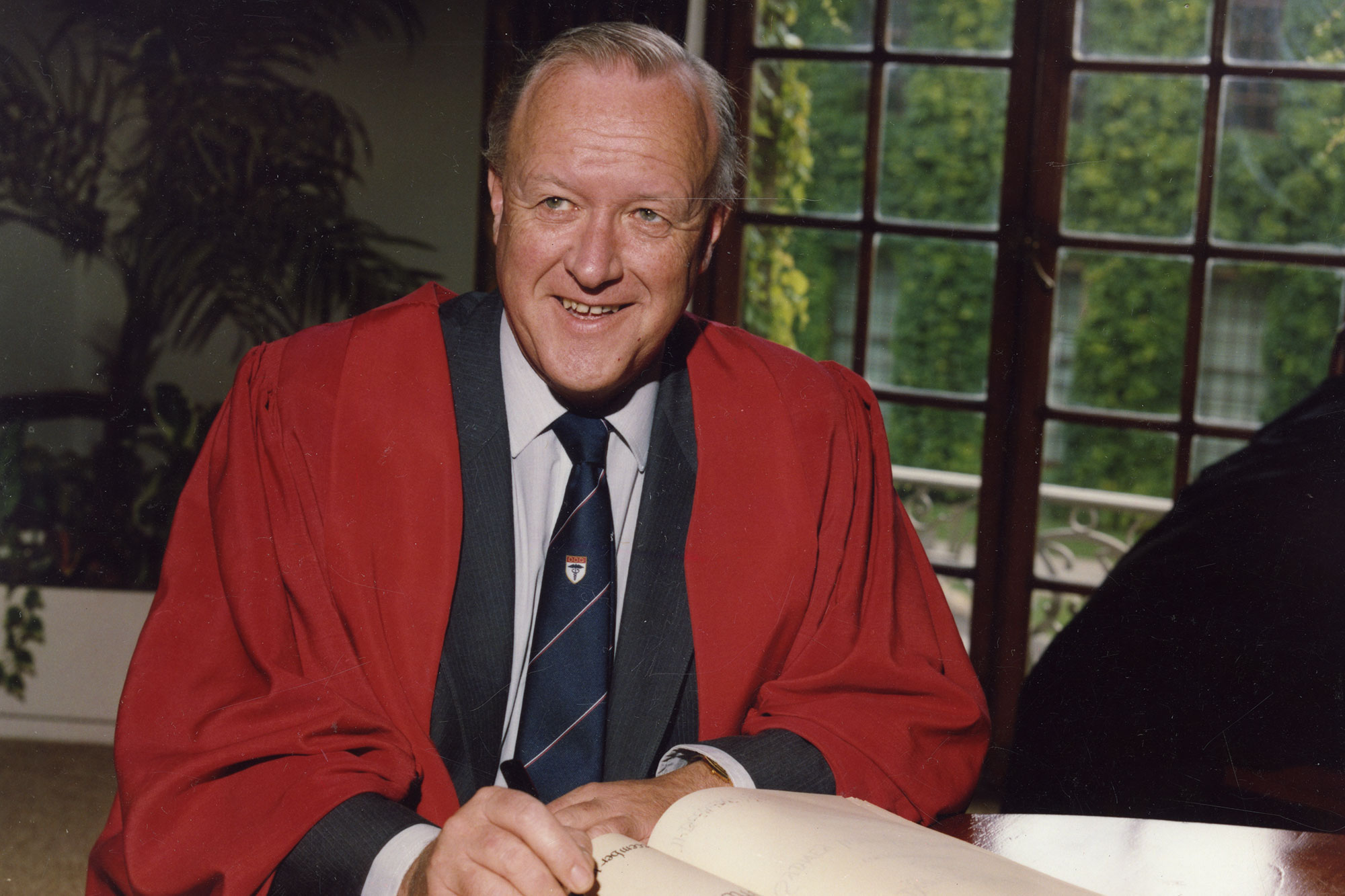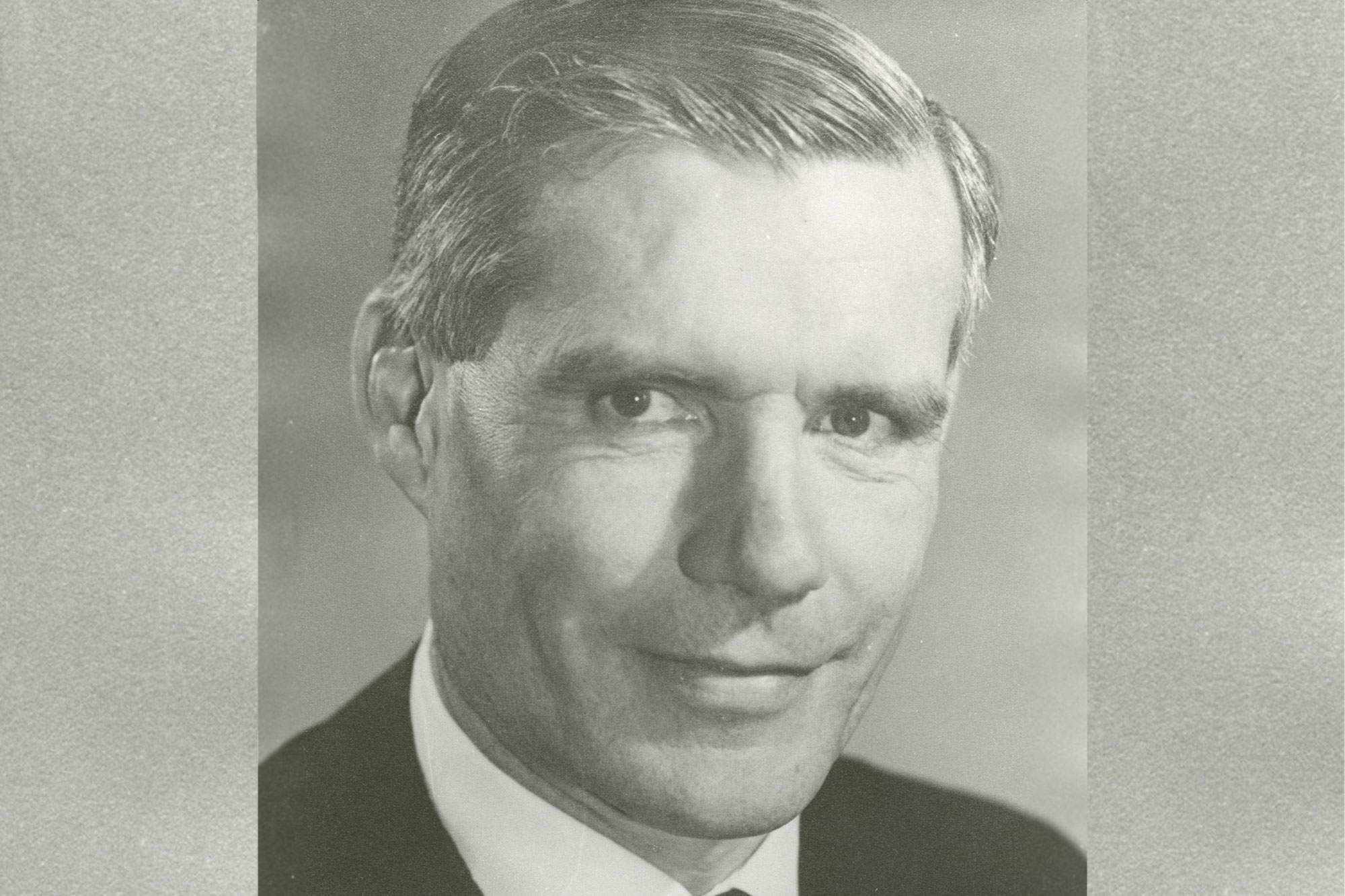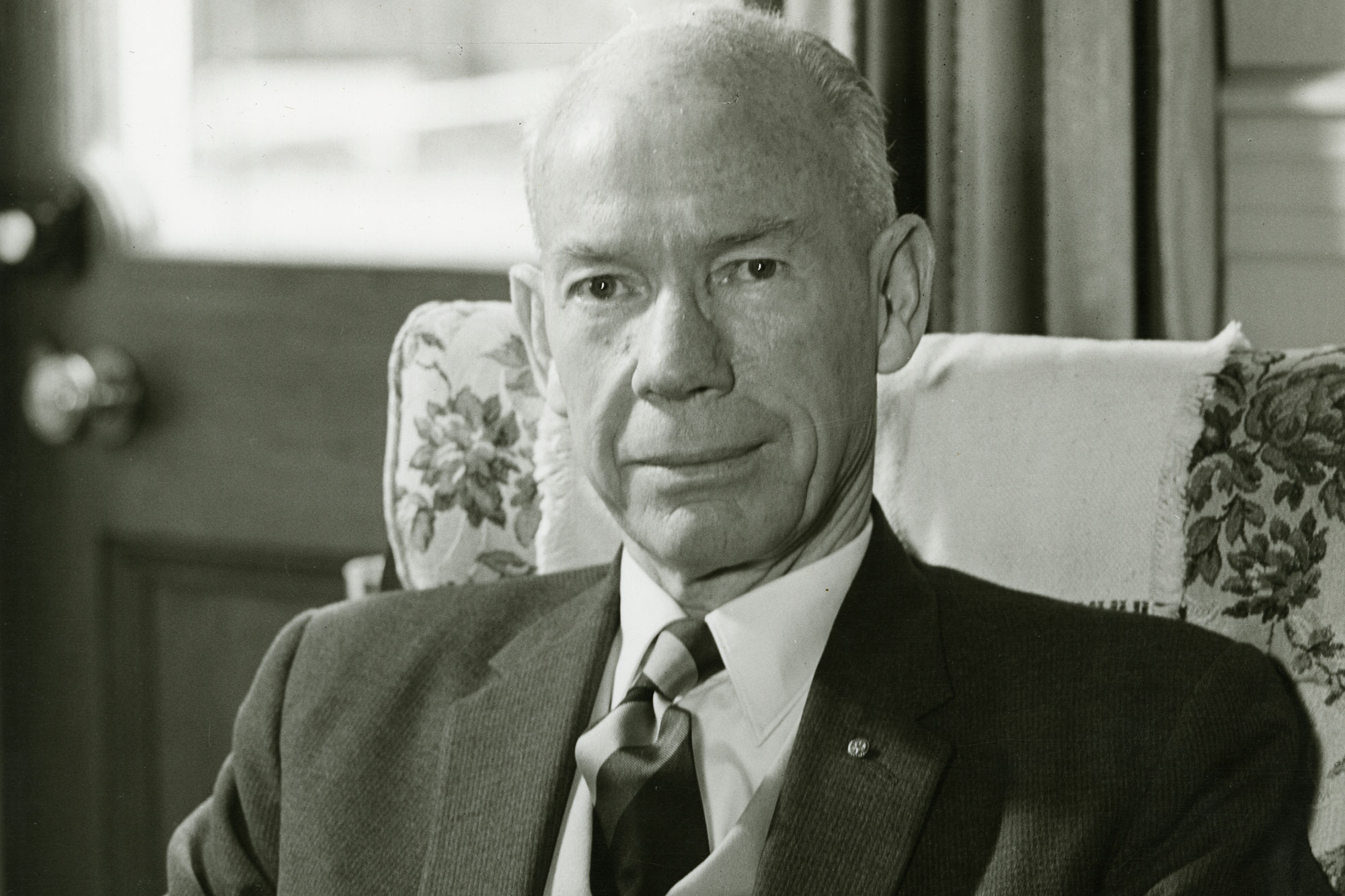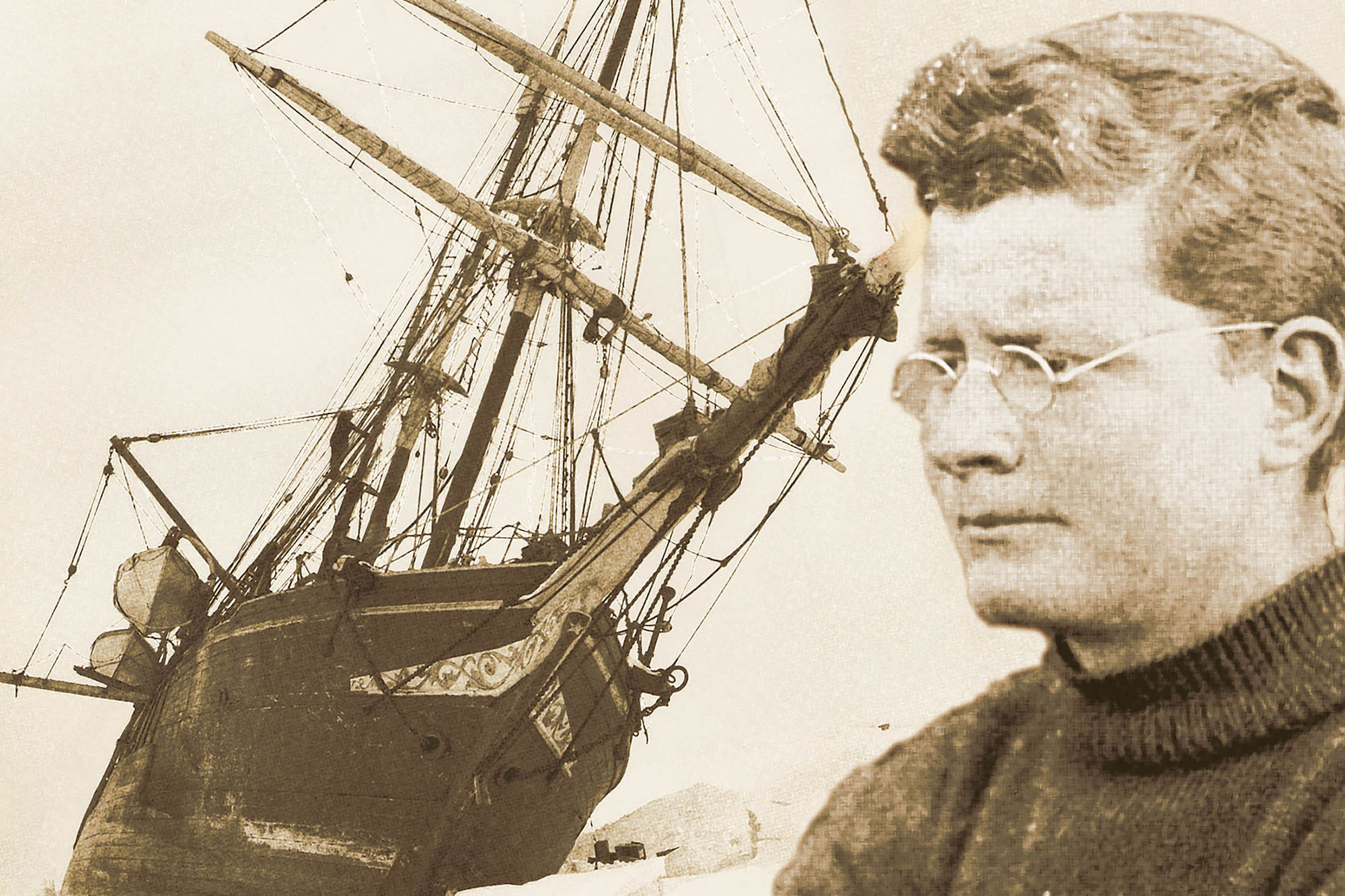VC’s Open Lecture by Nobel Laureate, Professor Joachim Frank
05 August 2024 | Professor Mosa Moshabela
Dear colleagues and students
As part of our endeavour to ensure that every member in our university community and the broader public gets to hear knowledge first-hand from academics, researchers and innovators from within and outside the country, I am delighted to announce that we will host the first Vice-Chancellor’s Open Lecture of this year on Tuesday, 20 August 2024.
The lecture will be presented by Nobel Laureate, Professor Joachim Frank. It is titled “Cryo-electron microscopy, a new foundation for molecular medicine and drug design”.
Cryogenic electron microscopy (cryo-EM) has transformed the way we can study biological molecules. It enables us to determine the structure of molecules freely suspended in solution as “single particles”, and to gauge how they change their shape as they interact with one another in the cell during life processes. Freezing, by plunging the sample into a cryogen at liquid nitrogen temperature, is necessary to trap the molecules in a fixed position during imaging and to reduce the damage inflicted by the electrons in the process.
Following the introduction of novel cameras for detecting single electrons, near-atomic resolution has been achieved for many molecules and molecular machines of biomedical relevance, including ion channels and receptors. Thus cryo-EM has evolved to become a major technique in drug design. Most recently, it has contributed crucially to the development of vaccines and cures for COVID-19 and other pandemics.
Join us at this lecture as Professor Frank delves deeper into this fascinating subject.
Professor Frank is a German-born American biochemist who won the 2017 Nobel Prize for Chemistry for his work on image-processing techniques that proved essential to the development of cryo-electron microscopy. He shared the prize with Swiss biophysicist Jacques Dubochet and British molecular biologist Richard Henderson. In 2008, he assumed his current professor position at Columbia University.
After receiving a bachelor’s degree in physics from the University of Freiburg in 1963, Professor Frank then received a master’s from the University of Munich in 1967 and a Doctorate from the Technical University of Munich in 1970. From 1970 to 1972, he had a postdoctoral fellowship that allowed him to travel to the United States, where he worked at the Jet Propulsion Laboratory in Pasadena, California; the University of California, Berkeley; and Cornell University, in Ithaca, New York. He was a visiting scientist at the Max Planck Institute of Biochemistry in Munich from 1972 to 1973 and a senior research assistant at the Cavendish Laboratory from 1973 to 1975. He then joined the Wadsworth Center of the New York State Department of Health at Albany as a senior research scientist in 1975. Beginning in 1977, he also held appointments at the State University of New York at Albany.
Professor Frank devised a way to observe individual molecules that were only faintly visible with electron microscopy. The problem with observing a group of individual molecules with electron microscopy is that the intense electron beam destroys the specimen. Professor Frank and his colleagues devised a method of using the poor-quality images that resulted from employing a much less intense electron beam by aligning and averaging them. In 1978, Professor Frank and his colleagues successfully used this approach to image the enzyme glutamine synthetase.
In the early 1980s, Professor Frank and Marin van Heel, a student of Ernest van Bruggen’s lab in Groningen, The Netherlands, devised statistical methods to determine a particle’s three-dimensional structure from two-dimensional images. The image of a particle is represented as a high-dimensional vector. Similar vectors are assumed to be from particles with similar orientations, and the images of such similar particles are then averaged together. Professor Frank and his colleagues devised a software system, SPIDER, that could perform this image analysis as well as the three-dimensional reconstruction.
In 1981 Professor Frank, Adriana Verschoor, and Miloslav Boublik used these techniques to obtain high-quality averages from electron-microscope images of ribosomes. Throughout the ’80s, Professor Frank and his collaborators concentrated their work on ribosomes. They switched to cryo-electron microscopy, which uses frozen specimens and thus allows molecules to maintain their shape.
We look forward to benefitting from Professor Frank’s expertise at this upcoming lecture. Your presence at the lecture would be greatly appreciated.
Date: Tuesday, 20 August 2024
Time: 18:00 SAST
Venue: New Lecture Theatre, Upper Campus
Sincerely
Professor Mosa Moshabela
Vice-Chancellor
Read previous communications:
 This work is licensed under a Creative Commons Attribution-NoDerivatives 4.0 International License.
This work is licensed under a Creative Commons Attribution-NoDerivatives 4.0 International License.
Please view the republishing articles page for more information.
11th UCT Vice-Chancellor’s Installation Ceremony
The University of Cape Town (UCT) Council announced Professor Mosa Moshabela as the 11th vice-chancellor (VC) in May 2024. Professor Moshabela, who took office in August, was officially installed on 25 November 2024.
The Chair of Council of the University of Cape Town
Norman Arendse (SC)
announced that the university would host the ceremony at the Sarah Baartman Hall. The ceremony was co-hosted by UCT Chancellor
Dr Precious Moloi-Motsepe
and was attended by invited guests, dignitaries from higher education and beyond, and invited members of the UCT community.
This event took place on Monday, 25 November 2024 at 10:00.
News from the day
On Monday, 25 November 2024, the University of Cape Town installed its 11th Vice-Chancellor, Professor Mosa Moshabela.
Announcements about the ceremony
About the VC
Professor Mosa Moshabela formally took up the UCT vice-chancellor position in August 2024.
Duly elected
On 24 May 2024, Norman Arendse (SC), the Chair of Council at UCT, was proud to formally announce that Professor Mosa Moshabela accepted an offer to become the university’s 11th vice-chancellor. This concluded a thorough and consultative six-month recruitment and selection process. He formally took up the UCT vice-chancellor position in August 2024.
Previous UCT Vice-Chancellors
UCT has had 10 permanent vice-chancellors and two acting in the interim between permanent VC appointments. This historical photo gallery includes the 12 leaders who have been at the helm of South Africa’s oldest university in their turn.
Vice-Chancellors in Conversation
UCT VC Professor Mosa Moshabela and former VC Dr Max Price recently engaged in a conversation about leadership, and confronted the challenge of creating unity, trust and collegiality in an institution.
In the News

Khusela Ikamva is aimed at restoring not only the physical forest that was damaged by the fires in April 2021 but also the cultural and spiritual connections that the UCT community shares with the natural fauna and flora.
09 Oct 2024 - 6 min readExec comms
Announcements to the UCT campus community














































